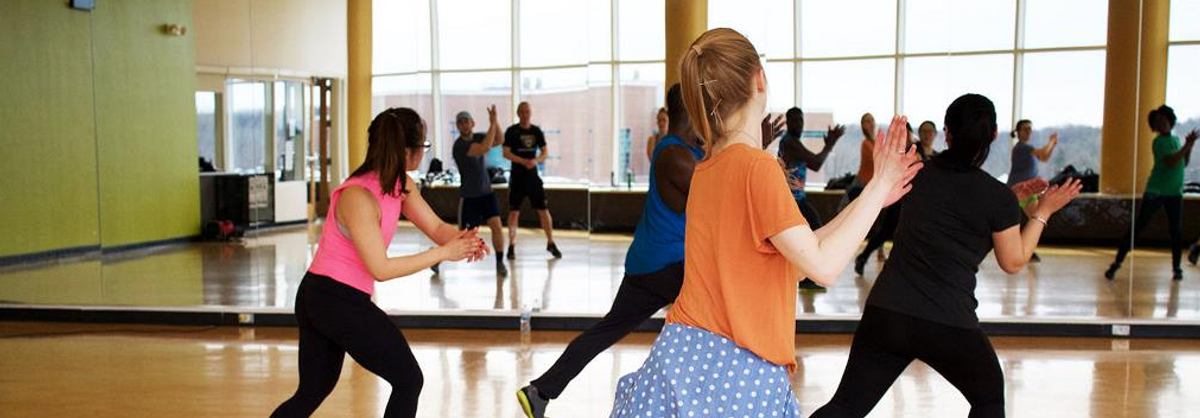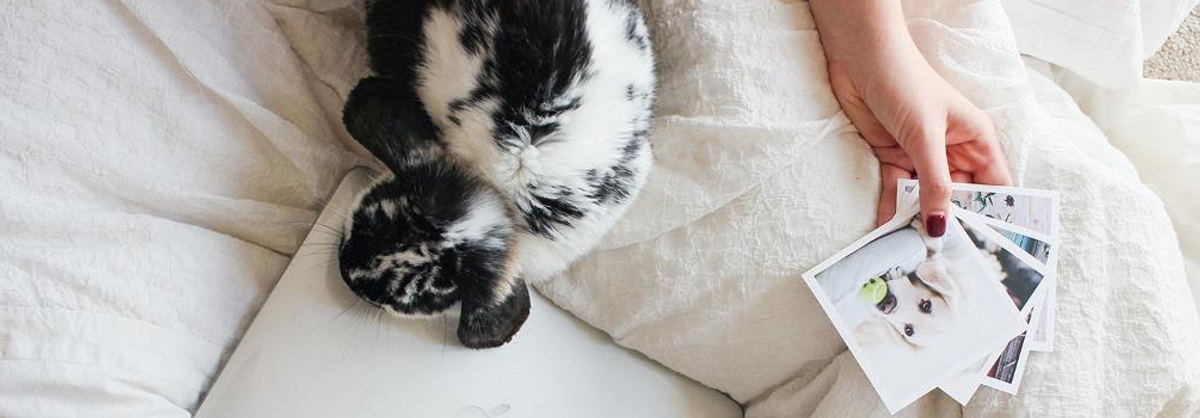Wellbeing Update
'At St Anthony’s we strive to provide safe classroom communities that provide students with a sense of safety, affirmation and belonging, alongside opportunities to explore faith and social / emotional skills.'

Wellbeing Update
'At St Anthony’s we strive to provide safe classroom communities that provide students with a sense of safety, affirmation and belonging, alongside opportunities to explore faith and social / emotional skills.'


If we don't incorporate self-care and time to 'de-stress' during a busy week, our bodies can give off warning signs.
Perhaps you’ve been late to work three times this week, have been struggling to get to sleep and even more so trying to wake up. Maybe you felt frazzled in traffic or forgot to text your brother on his birthday and it’s still playing on your mind. And now you can feel that tickle in your throat that hints at an oncoming flu.
All these things are warning signs that you’re not taking care of yourself as best as you can. What you need is to put some time in your diary for relaxation. Yes, you should plan to relax.
Block out an hour in your calendar to try one of these stress-busting activities.
Do some gentle exercise
Walking, stretching and wading water are gentle exercises you can do to help get your endorphins flowing. You can also try these great muscle (and mind) relaxing exercises.
Spend time with a furry friend
Yes, you have permission to hug all the dogs, cats and bunnies you wish. Petting and cuddling a fluffy friend gives you warm ‘n’ fuzzies, quite literally.
Tune into (instrumental) music
Create a playlist of the instrumental versions of songs that make you feel calm. When you’re listening, try to tune into one of instruments being played and focus your attention on it for 20 – 30 seconds. Repeat by tuning into another instrument and continue this until the song finishes. This is a type of meditative technique. You could try doing this to help ease you into sleep.
Smell a cuppa
That’s right, take a big whiff of your morning coffee or tea before you drink it. The scent of the drinks can be enough to help reduce your stress levels.


Spend time in a garden
Various studies speak to the benefits of being in a garden without even needing to have a green thumb. Surrounding yourself with plants has been linked to physical and mental health benefits, including slowing heart rates, improving memory and reducing symptoms of anxiety and depression.
Complete a brainteaser
Solve a puzzle, crossword or Sudoku. The focus you devote to these brain-teasing activities can take your mind off your worries and give your brain a problem that has a clearer solution.
Sing or dance
Whether you have a solo singing session in your lounge room or join a dance class, singing or dancing (or both!) to music you enjoy is a good way to unwind and boost your mood.


Salute the sun
Find a sunny spot, close your eyes and lift your face towards the sun. Take slow deep breaths. Sit calmly for 10 to 15 minutes (remember to be sun-smart if you’re doing this in the warmer months).
Be grateful
Write down all the things in life that you’re grateful for. Perhaps consider doing this each day. It can help keep you mind focused on being positive so that you have a better outlook when you face a difficulty.
Look at photos of events that you remember fondly
Dust off that old photo album to flick through or pull up your favourite snaps on your tablet. Looking at old photos from a day you enjoyed is sure to bring you joy. Better still, call someone who was at that event so you can reminisce together.


Try acupressure
If you’re feeling overwhelmed and need immediate relief, try acupressure. It’s a self-massage therapy that helps to balance your body’s circulation of fluids and energies. Use your thumb and index finger of your right hand to massage the soft area between the thumb and index finger of your left hand. After two-to-three minutes, switch and repeat. It can also help you use calming essential oils such as lavender.
Get wet
Have a warm bath, take a shower, dive into a pool or take a dip in the ocean; getting into water can help you to feel refreshed and relaxed (bonus points if that pool or beach is at a holiday destination!).
Find Nemo
If you’d prefer to stay on dry land, visit an aquarium and watch sea creatures gently float by.
Create something
Draw, colour-in, paint, knit, write, cook – do any activity that helps you express your creative flair.


Take a nap
Sometimes when you’re feeling stressed, the thing you need most is sleep. If your mind is still going 100 kilometres an hour after you’ve hopped into bed, put on some calming tunes and put your phone on aeroplane mode. Then slowly tense and release one muscle in your body at a time. You should soon be able to drift off.
CatholicCare support our school through the school counselling service. It is available to our families through request or referral.
"Over 75% of mental health problems occur before the age of 25" *
Mental health is a big topic in today’s media - and particularly for younger generations who have grown up speaking openly about and learning the importance of it in our everyday lives. But why is mental health so important? And what are we doing to improve the mental health of young people and generations to come? Mental health is equally or arguably even more important than our physical wellbeing. The state of our mental wellbeing can have influence on, and be influenced by all aspects of our lives - our relationships, our work and activities, and our ability to be resilient when times get tough.
When children and young people go through difficult life experiences or struggle with mental illness, this can have a profound impact on their world. It can effect their ability to learn, to make and maintain friendships, and to just be a kid - without having to worry about the “adult” issues. It is when we are young that we develop our resilience and learn how to deal with whatever life throws at us, so sometimes young people need that extra bit of support and knowledge to work through the rough patches.
"Counselling helps children to better manage social and emotional issues, and supports improved mental health" *
Counselling helps children to better manage social and emotional issues, and supports improved mental health. CatholicCare is currently working with over 70 schools across Melbourne, Geelong and Gippsland to provide counselling and mental health support to students, families and staff.
‘Our services are on-site at schools, and are available to all members of the school community - particularly those who may not otherwise be able to access counselling or psychological services,’ says Sarah Judde, CatholicCare Schools Unit Team Leader, and Child and Family Counsellor. CatholicCare’s school counsellors work collaboratively to enhance students’ wellbeing and overall school experience, and we offer a diverse range of services to meet the needs of school communities.
Our Schools Unit provides School Counselling, Cognitive Assessments (to assist with planning for educational and behavioural needs and for applications for funding support), and Critical Incident Response (to support school communities during times of crisis) - among a range of other programs, workshops, clinical supervision and professional development programs.
*BeyondBluestatistics (www.beyondblue.org.au/media/statistics)